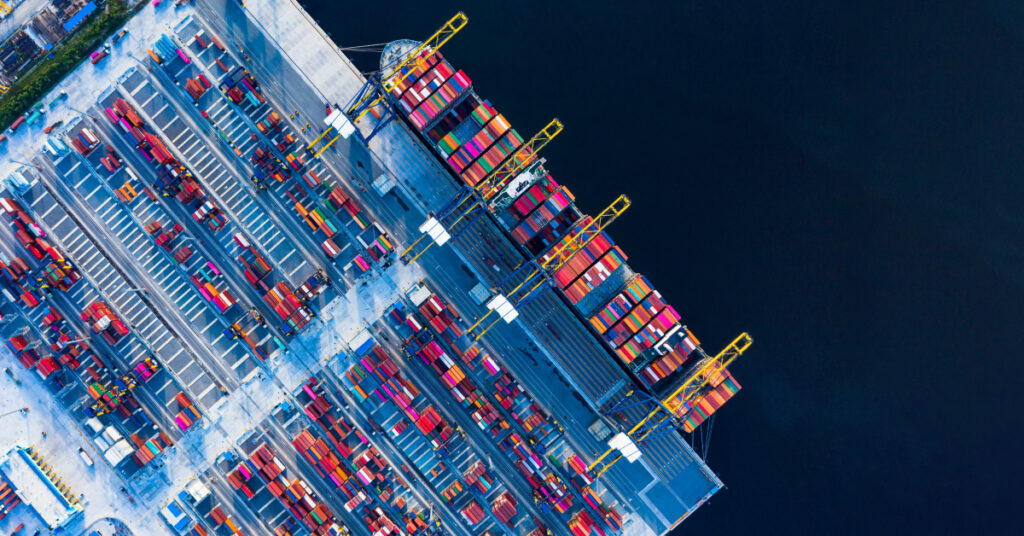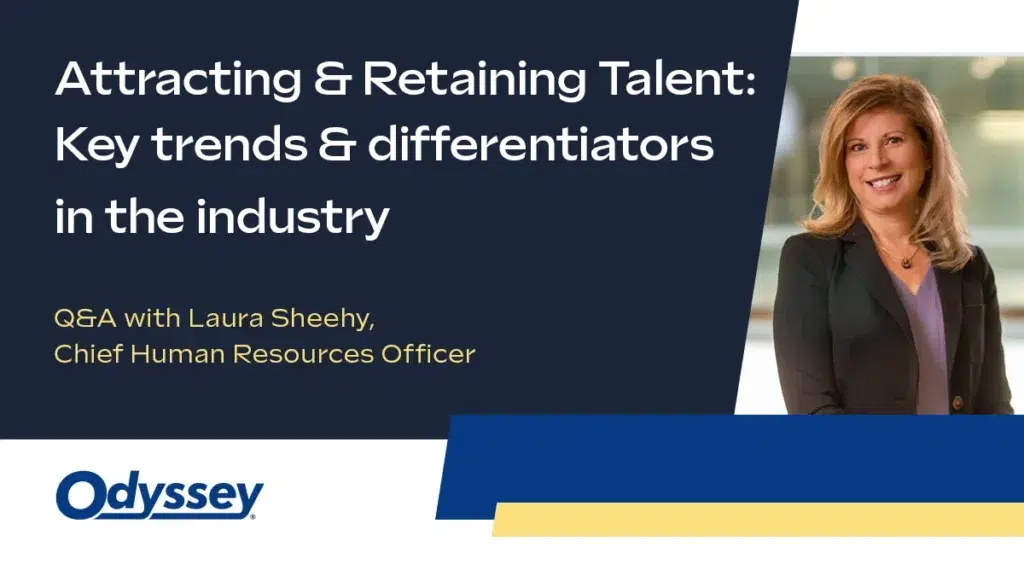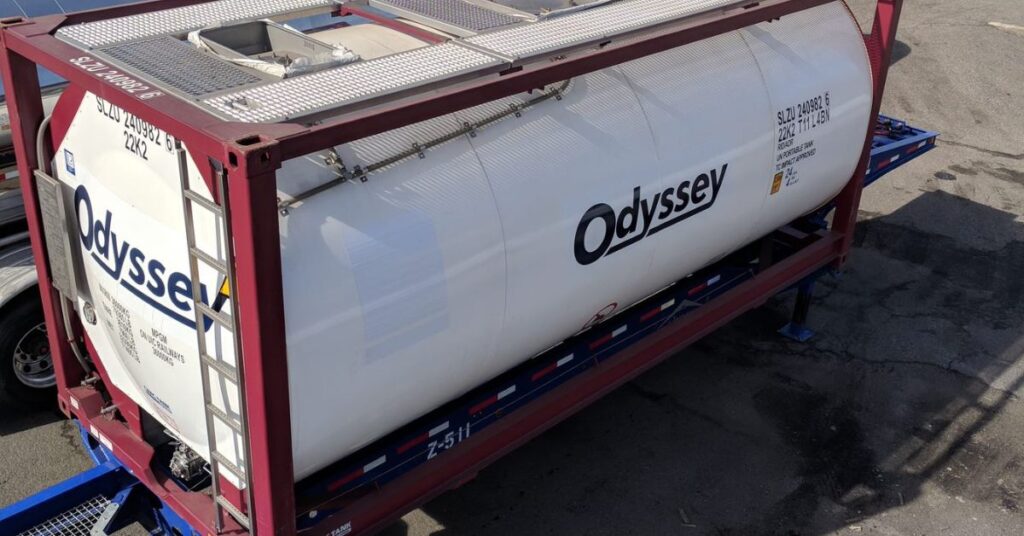If designed and executed properly, sustainability can do more than protect and improve the environment, it can help shippers and carrier partners build stronger, more profitable supply chains.
There is a shift happening in the supply chain and logistics industry that’s elevating sustainability from simply an aspiration to our must-do lists. This is in part due to enacted emission disclosure requirements from the European Green Deal and proposed rules by the U.S. Securities and Exchange Commission (SEC) to enhance and standardize climate-related disclosures for investors.
The heightened focus on sustainability in our industry also comes from understanding that the logistics and transport sector contribute more than a third of all global CO2 emissions, according to the International Organization for Standardization (ISO). This puts us squarely in a driver’s seat to be a force in reducing our industry’s climate impact for ourselves and the generations to come. Simply put—as humans inhabiting this planet, we want to be part of the solution.
There’s also public pressure. A 2023 Gartner study on the future of the supply chain found that more than 50% of customers today will only do business with companies that practice environmental and social sustainability. With more attention on sustainability and climate action, that percentage will likely keep trending north. This will have a direct impact on many companies’ bottom lines, forcing organizations that have put off prioritizing ESG initiatives to not only develop sustainability policies but put them into action quickly to meet consumer demand.
Transparency and data visibility drive progress
A significant amount of progress has been made in recent years in bringing transparency and real-time data visibility to our collective supply chain activities. This has been driven by new and emerging technologies that are being enlisted to show real, measurable progress toward cutting carbon emissions. Technologies such as artificial intelligence (AI), alternative fuel vehicles (AFVs) analytics, Internet of Things (IoT) enabled devices, electrification, telematics and predictive/prescriptive analytics are pivotal to this huge leap forward to lower the industry’s environmental impact.
Leveraging these technologies, nearly a billion metric tons of emissions have already been eliminated by the supply chain and logistics industry over the last few years. Through transparency and data visibility, shippers now have access to actionable data so they can make better decisions about the most environmentally friendly transportation mode for their needs. This is significant progress that can’t be understated as the industry continues to work together to significantly reduce our carbon footprint.
Continue reading Odyssey’s Glenn Riggs‘ “Sustainability Progresses from Talking Point to Action Item” Supply & Demand Chan Executive article here.









